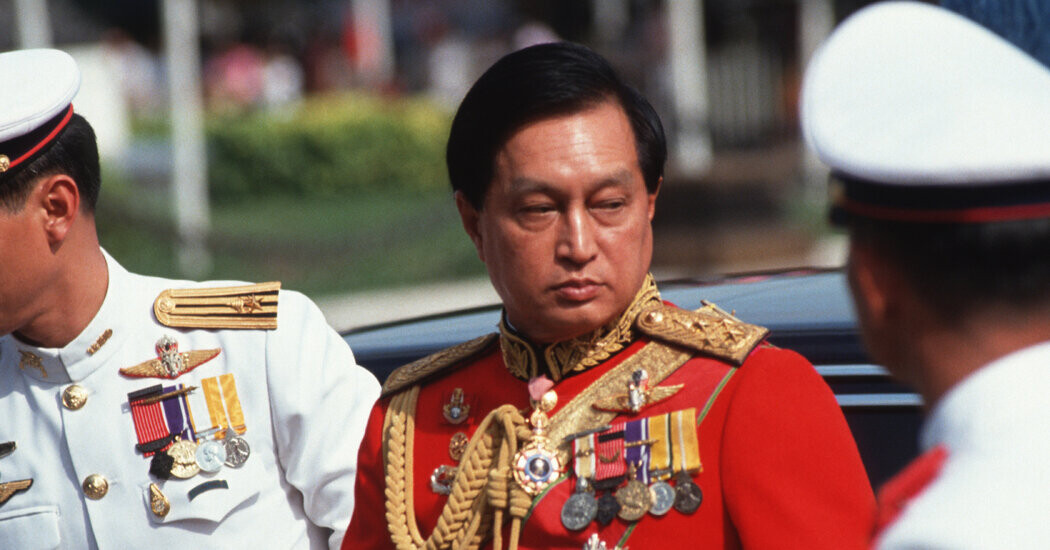

A top general, he was appointed prime minister in 1992, a short-lived tenure that immediately incited the Black May uprising — and a violent backlash by his military.
Suchinda Kraprayoon, a prime minister of Thailand who seized power in a military coup, then violently cracked down on pro-democracy protests in 1992, events that came to be known as Black May, died on June 10 in Bangkok. He was 91.
His death, in a hospital, was reported by the Thai News Agency.
Mr. Suchinda’s brief tenure as prime minister, from which he resigned in humiliation after just 48 days, was a pivot point in modern Thai history. His leadership was considered such a disaster that it quelled the military’s appetite to overtly interfere in government for more than a decade, an unusual interlude in a nation long dominated by the armed forces.
A charismatic Army general who became a short-fused politician, Mr. Suchinda was the nation’s supreme military commander in February 1991, when he helped engineer a bloodless coup against a civilian government, some of whose ministers were notorious for corruption.
It was the 17th military coup or attempted coup in Thailand in six decades.
After the coup, Mr. Suchinda publicly promised that he would not take the job of prime minister, yet he did just that in April 1992, after being nominated by a pro-military coalition in the legislature. Opponents called his appointment “Suchinda’s second coup.”
Tens of thousands of protesters flooded the streets of Bangkok beginning on May 17. Troops loyal to the government sprayed the unarmed crowd with automatic rifle fire. The lobby of the Royal Hotel in the city’s historic center became a makeshift surgical ward, where at least 10 people were reported to have died on one given night.



![Enjoy the [Road] Show Travel Mug with Handle, 14oz](https://georgedev.blazewebtech.com/wp-content/uploads/2024/08/479070202831754764_2048-300x300.jpeg)